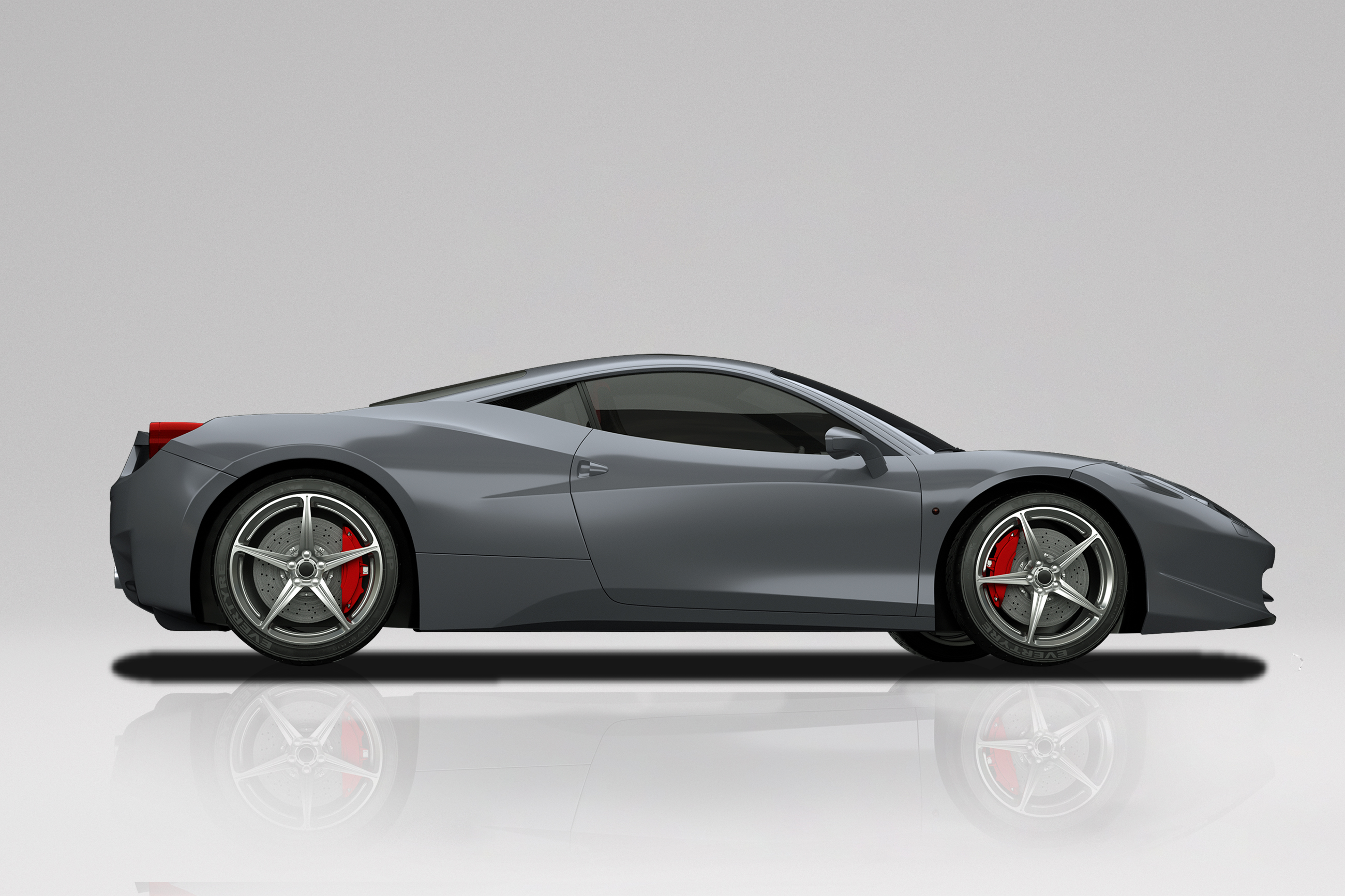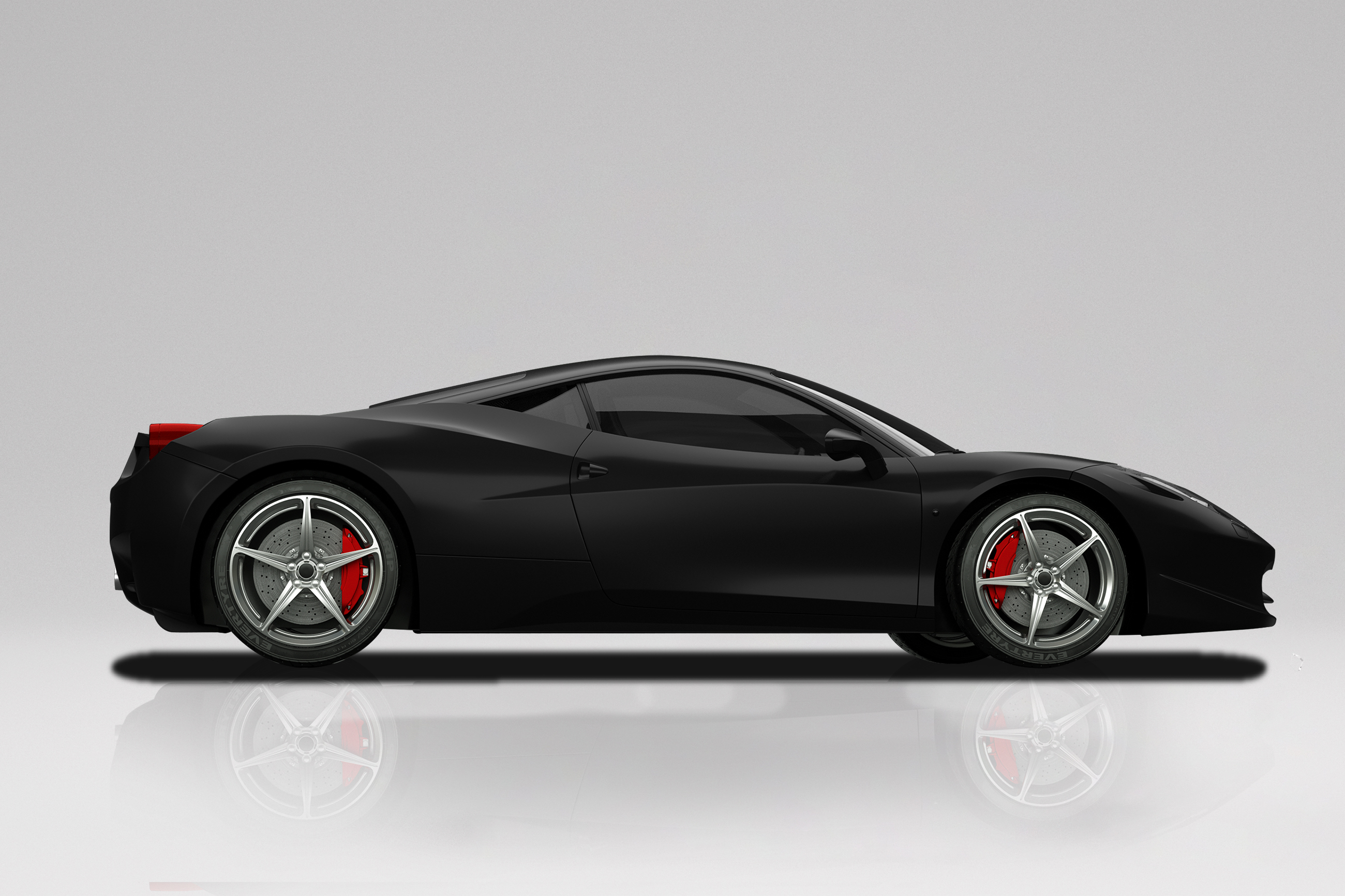A Comprehensive Guide to PPF
Car owners have grown increasingly aware of the importance of investing in high-quality paint protection films (PPF) for their vehicles. However, with so many various types and brands of PPF on the market, it can be overwhelming to know what to choose. One of the most critical factors to consider is the PPF material and its impact on car protection. In this comprehensive guide, we will explore the material science behind car PPF, including its evolution from vinyl to polyurethane, the importance of selecting high-quality materials, and how to recognize their essential properties.

Car PPF Materials: From Vinyl to Polyurethane
Car PPF materials have gone a long way since the earliest vinyl films were introduced in the 1960s. Back then, these films were popular for their affordability, but they lacked the durability and clarity that modern PPF requires. With advances in synthetic polymers and adhesive technologies, manufacturers began exploring new materials that offered better protection and optical qualities. One of the most significant breakthroughs was the development of polyurethane films, which are now widely recognized as the gold standard in PPF.
Polyurethane films are far more versatile and long-lasting than typical vinyl films. This is due to the unique molecular structure of the polyurethane polymer, which gives it tensile strength and resistance to tearing. Additionally, polyurethane films have a much higher clarity level than vinyl, making them nearly invisible when properly placed. This makes them an excellent choice for high-end or custom vehicles, where aesthetics are essential.
Why Material Matters: The Impact of PPF Material on Car Protection
Selecting the right PPF material for your car can make all the difference in its long-term protection. High-quality, polyurethane-based PPF films can protect your car's paint against a wide range of environmental and physical hazards, including rock chips, scratches, UV light, and even chemical stains. However, lesser quality films made of cheaper materials, such as vinyl or PVC, will often begin to warp or yellow over time, leading to a decrease in protection and aesthetics.

Unfortunately, not all polyurethane films are created equally. Some manufacturers cut corners by using lower-grade materials or formulations, which can lead to poor clarity, bubbling, or yellowing. To avoid these issues, it's essential to look for reputable brands that use only the best quality materials and manufacturing processes. Additionally, look for warranties that guarantee the film's performance over an extended period, as this can be a good indicator of quality.
Decoding the Material Properties of Top-Quality PPF: Durability, Clarity, and Flexibility
High-quality PPF films made from top-grade polyurethane offer several essential properties that make them superior to other alternatives. One of the main benefits is their durability – the best films can resist scratches and rock chips from road debris, as well as repel UV light and other environmental hazards. This implies that the paint on your car will be considerably less prone to chip or peel, resulting in costly repaints.
Another crucial factor is clarity. When applied correctly, high-quality PPF films should be virtually invisible, with no apparent film lines or color distortion. This not only enhances the car's appearance but also helps maintain its resale value and support aesthetic longevity.
Finally, flexibility is also a critical property to consider. The best PPF films have strong self-healing properties that they can go beyond and below against yellowing, cracking or peeling. This makes them ideal for use on curves, corners, and other irregular-shaped areas, where traditional vinyl films might not perform well.
Choosing the appropriate PPF material might be just as crucial as protecting your car's paint. High-quality PPF films made from top-grade polyurethane offer superior durability, clarity, and flexibility, ensuring that your car's paint will be protected for years to come. To ensure you're getting the most use of your PPF investment, make sure to seek out reputable brands that use only the best quality materials and manufacturing processes, and prioritize features such as warranties, clarity, and flexibility when selecting your PPF.



